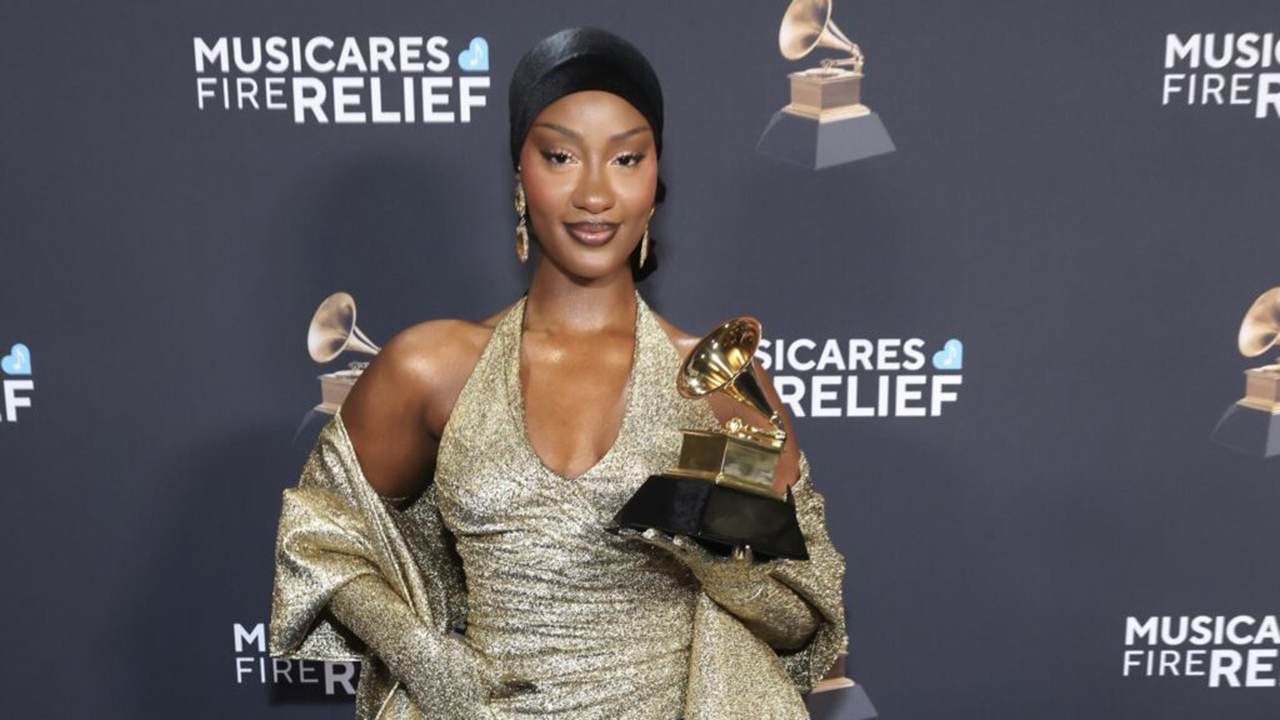
The Rise Of Nigerian female Artists And What that means For Music Royalties
The phrase “the rise of Nigerian female artists” might suggest that the industry has always been male-dominated. But, a walk down Nigerian music history, reveals a legacy of songstresses, storytellers, and legendary voices who set the path for today’s trailblazers. From Onyeka Onwenu and Christy Essien-Igbokwe in the 1980s to Asa and Tiwa Savage in the 2010s, and now Tems and Ayra Starr, Nigerian female artists have, for generations, held their own. They stand shoulder to shoulder with their male counterparts. As African music’s global influence expands, they are slowly changing the narrative of success for African female musicians.
In 2022, Billboard U.S. launched its Afrobeat songs chart. Wizkid’s collaboration with Tems on “Essence,” set a record with a 35-week tenure on the Billboard Hot 100, the longest ever for an African song, paving the way for Tems’ introduction to global audiences.
The Business Side of Female Afrobeat
Streaming platforms have changed how Nigerian female artists connect with audiences worldwide. Spotify’s numbers tell an impressive story, Afrobeats streams on Spotify increased by 550% between 2017 and 2022. Nigerian female artists are soaring to new heights, yet their presence in the music industry still lags.
To bridge this gap, many are strategically leveraging digital tools and building their online presence through social media. They are taking on cross-cultural collaborations, and creating opportunities for themselves in spaces where their predecessors would be proud to see them thrive. This extends beyond Afrobeats, as female gospel artists continue to shape the Nigerian music scene, achieving both national and international acclaim.
Breaking Barriers
Despite this progress, Nigerian female artists still face challenges in securing the same opportunities as their male counterparts, while dealing with underrepresentation and limited industry support. Thankfully, this narrative is shifting. More female artists are capitalizing on streaming platforms to take ownership of their music earnings.
Creating International Appeal
Tems made history in 2023 as the first Nigerian female artist to win a Grammy for her collaboration with Future and Drake on Wait for U. She achieved another milestone at the 67th Grammy Awards. She won Best African Music Performance, reigniting the conversation about the growing opportunities for African female artists.
Ayra Starr’s collaboration with Coldplay on Coldplay’s Good Feelings highlights the growing global interest in Nigerian talent. With every achievement comes a corresponding increase in revenue through royalties, performance rights, and licensing deals. But what does this mean for female artists’ long-term earnings?
The Role of Music Royalties in Their Success
Unlike in the past, when revenue was heavily dependent on CD sales and live performances, female artists today have multiple avenues for earning royalties—from streaming and performance royalties to sync licensing. This ensures that an increase in an artist’s popularity directly boosts earnings. Tems’ Grammy win, for example, significantly increased her streaming numbers, leading to a substantial rise in her royalties.
Changing the Narrative
Streaming and Digital Platforms
Digital platforms have placed African artists on the global stage, sparking a digital revolution. Nigerian female artists now have direct access to international audiences, this has created opportunities for female artists to thrive independently, have greater creative control, and generate more revenue directly from their music.
Female-led Labels, Mentors and Initiatives
There has been a significant rise in female music executives, producers, and managers. Many of them are spearheading initiatives to ensure the industry becomes more inclusive, offering networking, collaboration, and mentorship opportunities for female artists. Audio Girl Africa is one such initiative, with its aim to increase the representation of women in music production and sound engineering.
The Role of Music Managers, Platforms, and Services in Supporting Female Artists
Beyond record labels, music tech platforms like Royalti.io are revolutionizing how female artists track and manage their earnings. By ensuring transparency in royalty distribution, helping artists track and collect royalties, and offering financial tools for music businesses, these platforms empower female artists to take control of their financial futures.
The Future of Nigerian Female Artists and Music Royalties
As the global demand for Nigerian music continues to grow, female artists are better positioned than ever to benefit. By leveraging available tools, they can secure fairer royalty structures, improved streaming rates, and stronger publishing rights.
With global achievements, increased royalty earnings, and greater industry influence, one can say that these signs point to a new era in music royalties, one where Nigerian female artists take their rightful place at the top.



